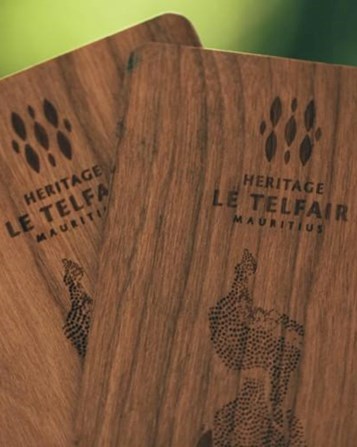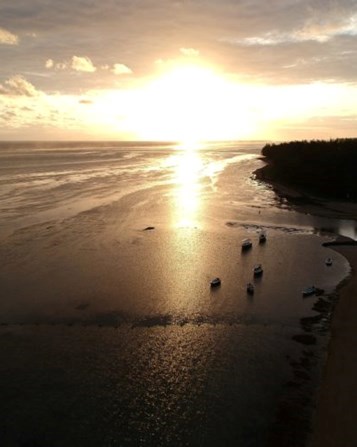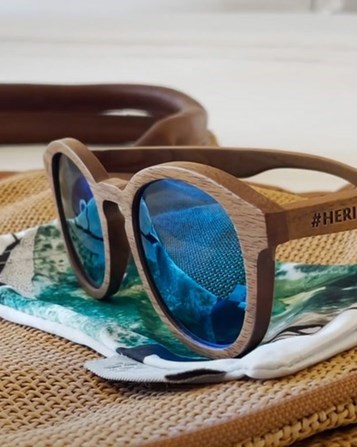
What is sustainable tourism?
As opposed to traditional tourism which comes with the cost of a misallocation of resources, displacements of local populace and negative impacts on flora and fauna, sustainable tourism aims to create a conducive eco system where the local economy, population and nature can adopt a symbiotic synergy.
The essence of sustainability entails the implementation of measures and strategies to counter the depletion of natural resources and to maintain ecological balance. A translation of sustainability towards the tourism industry equates in a tourism experience that operates for the benefit of host communities while taking into account economical, social and environmental issues.
Sustainable economic impact
1.Tourism accounted for 10.9% of global GDP in 2019 according to data collected by the World Travel & Tourism Council.
2.Sustainable tourism promotes economical development without hindering human welfare. Locals are not displaced or relocated for the sake of tourism infrastructures.
3.The negative impact of tourism is mitigated by adopting a sustainable model which accommodates the economical needs of locals and generates an influx of income for locals through job creation and entrepreneurial ventures.
4.Low income economies benefit from sustainable tourism which also serves as a platform for foreign direct investors and infrastructural development through Property Development Schemes.
Sustainable and positive social influence
5. Artisanal crafting is valued and is granted exposure to global markets. Local artisans can sell their products with a higher markup and the artisanal industry can hence be preserved and sustained.
6. Tourism thrives in rural areas which in turn get included in the infrastructural projects of development. It also creates employment in areas which would have otherwise been excluded as potential career hubs.
7. Tourism promotes equality in employment with women accounting for 54% of employees in the tourism industry globally according to The Global Report on Women in Tourism.
Resource preservation and environmental protection
8. The popularity of eco-tourism contributed to the exponential growth of preservation efforts. The demand for unaltered natural settings serves as a springboard for the funds allocated to environmental preservation initiatives.
9. Sustainable tourism operates with the needs of the locals in mind. Resources such as water benefits from improved infrastructures for their preservation and distribution which also benefits the locals as well as the industry.
10. The initiatives to protect marine ecosystems become more rigorous for countries which bank on ocean based activities for attracting tourists.
Promotion of cultural diversity and protection of heritage
11. Traditional performing arts in the forms of music or dances are preserved and their relevance is maintained for the sake of tourism on the quest for cultural explorations.
12. Cultural events and celebrations are exposed to a global population which encourages the acceptance and promotion of cultural diversity through a better understanding of global cultures.
13. Historical and cultural heritages are preserved for the sake of tourism. The potential attraction in the form of heritages discourage vandalism or destruction of historical monuments for infrastructural developments while also reaffirming preservation programs.
Mauritius – Your sustainable tourism destination in the Indian Ocean
Mauritius remains a destination of choice for tourism. A small island in the Indian Ocean, to the east of the African continent, the tropical island of Mauritius is home to beautiful sceneries, verdantly lush forests, miles of seemingly endlessly stretching beaches and an azure lagoon which is a representation of beauty in itself. Home to a myriad of cultures, Mauritius will satisfy your craving for cultural diversity while being a warm and welcoming place for your leisure travels.
With the tourism sector accounting for 8.1% of the Mauritius GDP in 2020 for the last quarter prior to the COVID crisis which dealt a heavy blow to the tourism industry, the island has done an impressive task of ensuring that the industry lives through the pandemic. Mauritius overcame the crisis and the tourism industry is back to its previous strides while also maintaining a balance between sanitary restrictions and seamless cross border transitions.
With sustainability being the key to any industry, Mauritius adopted the sustainable tourism model to ensure that the industry thrives without the brunt on its local population and natural environment. If you want a destination where you can enjoy rich cultural heritage, beautiful natural sceneries and a population who is more than happy to make your stay a memorable experience, Mauritius is the destination for you
NowForTomorrow by Rogers Hospitality
Rogers Hospitality is committed to a sustainable business model where they can give back to the community while also mitigating their carbon footprint. The ongoing mission of Rogers Hospitality is working Now for a better Tomorrow and we are relentless in our pursuit of sustainability.
Indulge yourself in the luxurious and welcoming atmosphere of our resorts while being assured that you are making a positive contribution to the local ecosystem and helping us achieve our goals of positive socio-economic impact on deprived areas.
Immerse yourself in the quintessence of the exclusive Domaine de Bel Ombre at Heritage Resorts or discover a unique experience with nature at Veranda Resorts. Rogers Hospitality allows you to enjoy the cultural myriad and natural beauty of Mauritius while enjoying the comforts and refinements of high end establishments.
Contact us on communication@rogershospitality.com to book your next memorable holiday experience or give us a call on (+230) 266 9700.
We can work together Now For a better Tomorrow.




